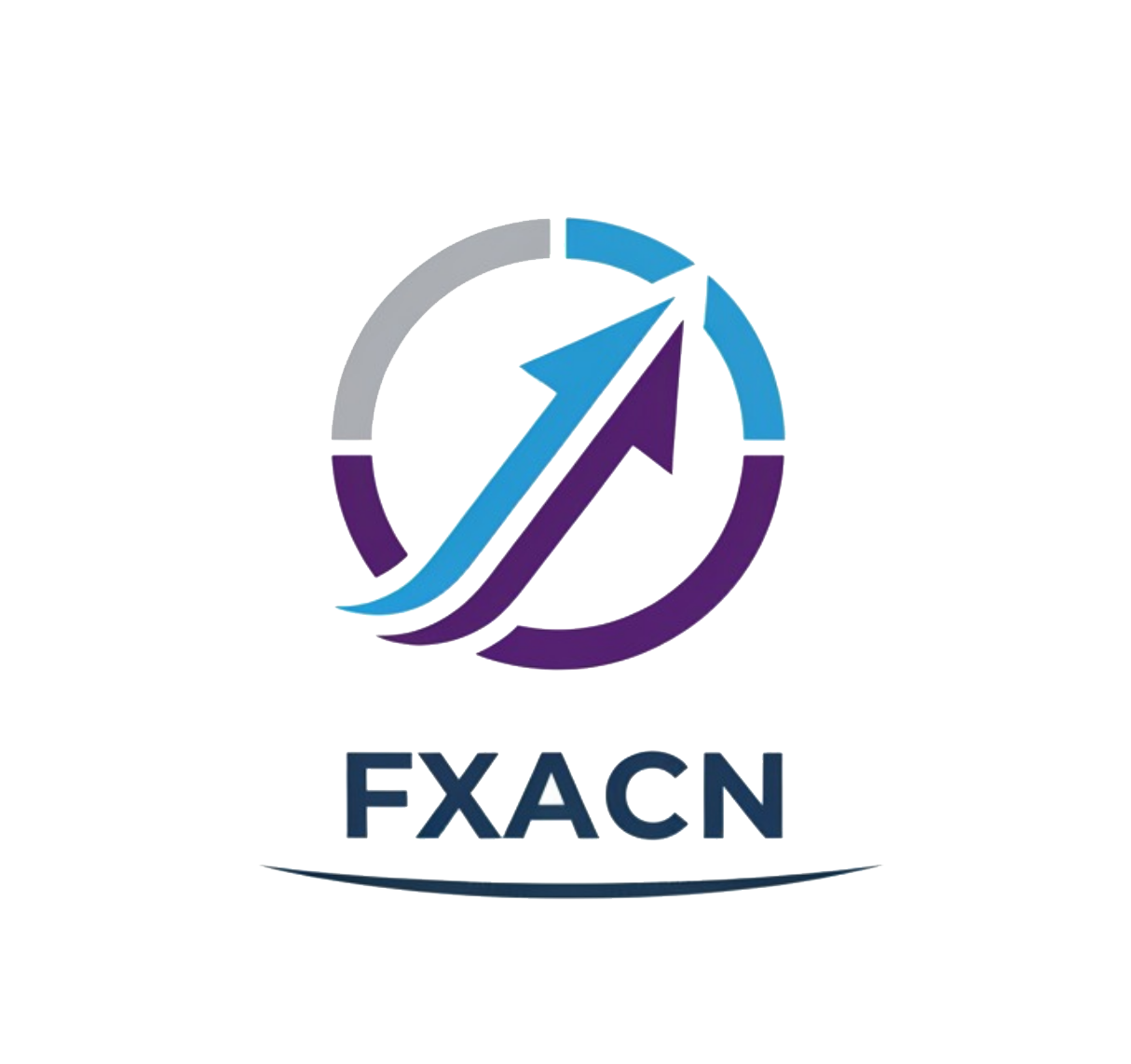Introduction
CFI Group, an online brokerage that has been a part of the forex market for over 25 years, claims to provide a robust platform for trading in foreign currencies, stocks, indices, and commodities. However, the world of Forex trading is notoriously fraught with challenges and potential pitfalls. Many brokers present an enticing facade that can lead traders into scams or fraudulent practices. As the Forex market grows, traders must conduct thorough due diligence before choosing a broker. This piece examines CFI Group’s credibility based on various factors, including regulatory compliance, company history, trading conditions, safety of client funds, customer experiences, platform performance, and overall risks.
Regulatory Compliance and Legitimacy
The first step in evaluating whether CFI Group is a safe choice lies in its regulatory status. Regulatory oversight is paramount in ensuring a broker operates within the laws of the financial markets they serve. CFI Group cites licenses from multiple regulatory bodies, which can impact their credibility.
| Regulatory Authority | License Number | Regulatory Area | Verification Status |
|---|---|---|---|
| Cyprus Securities and Exchange Commission (CySEC) | 179/12 | Cyprus | Regulated |
| Financial Conduct Authority (FCA) | 828955 | United Kingdom | Regulated |
| Seychelles Financial Services Authority (FSA) | SD 107 | Seychelles | Offshore Regulated |
| Vanuatu Financial Services Commission (VFSC) | 700479 | Vanuatu | Offshore Regulated |
| Bank of Lebanon (BDL) | 40 | Lebanon | Regulated |
| Securities and Commodities Authority (SCA) | 20200000154 | UAE | Regulated |
While having multiple licenses generally signifies a higher level of accountability, the quality of these regulators varies. For instance, CySEC and FCA are recognized as top-tier regulators, ensuring strict adherence to regulations, which provides traders some assurance of their investment’s safety. However, CFI Group’s offshore licenses raise concerns, as jurisdictions like Vanuatu and Seychelles are often viewed as less stringent regulatory environments. This leads to potential risks related to accountability and client protection, suggesting that while CFI Group is regulated, it’s vital to assess the nature of these regulations carefully.
Company Background Investigation
CFI Group, established in 1998, has grown considerably over the years. With its headquarters in Mauritius, the company also operates internationally with offices in places like Dubai, Cyprus, Lebanon, and London. The ownership structure appears conventional, though transparency has been critiqued. The management team brings significant experience in financial services, with varying backgrounds in banking and investment, essential for navigating the complexities of Forex trading.
However, it is essential to consider levels of transparency in terms of providing information about their operations. While CFI Group seems to provide adequate disclosure regarding its services, the presence of filtered or limited information may raise concerns among traders, particularly new entrants to the market. There’s no indication of deceptive practices; however, the opaque nature of some disclosures may warrant caution.
Trading Conditions Analysis
CFI Group boasts an array of competitive trading conditions, including low spreads and favorable fees. However, any potential trader should scrutinize these costs to discern whether they align with industry standards.
| Fee Type | CFI Group | Industry Average |
|---|---|---|
| Major Currency Pair Spreads | 0.4 – 1.1 pips | 0.6 – 1.5 pips |
| Commission Structure | Zero commission or volume-based | $3 to $7 per trade |
| Overnight Interest Range | Depends on trading pair | Typically 0.5% to 2% |
The absence of a minimum deposit requirement and the promise of low trading costs make this broker attractive. However, the competitive edging can sometimes obscure hidden costs or unfavorable trading conditions. Reports of fees that are less competitive on specific trading products or delays in fund withdrawals have tainted the broker’s image. Thus, while many traders might find CFI Group appealing, the mundane details of the fee structure could obscure potential weaknesses.
Client Fund Safety
Safety of client funds is among the foremost considerations for any trader evaluating a broker’s soundness. CFI Group claims to segregate client funds in compliance with regulatory standards, a practice designed to protect trader investments. Additionally, the broker mentions offering negative balance protection, which safeguards clients from losing more than their initial investment.
Despite this, potential issues have arisen related to past regulatory actions. For instance, in 2022, the Cyprus Securities and Exchange Commission imposed a significant fine regarding compliance with anti-money laundering directives against CFI Group. This incident does not directly translate to an immediate threat but highlights potential lapses in governance structures. Continuous vigilance is required to evaluate claims of fund safety; traders must remain aware of ongoing developments.
Customer Experience and Complaints
Analyzing user feedback is key to determining if CFI Group is indeed safe or if issues linger beneath the surface. A general content trend emerges from user reviews indicating satisfaction with platform functionality and support, yet specific complaints appear frequently.
| Complaint Type | Severity Level | Company Response |
|---|---|---|
| Withdrawals Delayed | Medium to High | Mix of Responses |
| Unresponsive Customer Support | Medium | Inconsistent Assistance |
| Hidden Costs | High | Limited Transparency |
In 2023, numerous users highlighted slow responses during withdrawal requests, coupled with reports of unexpected fees. Moreover, some complaints regarding lack of effective communication revealed recurring customer service challenges. While CFI Group does offer a support system which includes live chat and email inquiries, effectiveness varies, and traders often reported prolonged wait times for responses.
Platform and Execution Performance
CFI Group utilizes several platforms, including the widely-utilized MetaTrader 4 and 5, in addition to dedicated applications like cTrader and TradingView. The platforms generally receive positive reviews for user experience and accessibility. However, matters concerning trade execution remain crucial. Traders seek assurance that their orders consistently execute at intended prices with minimal slippage.
Evidence suggests that CFI Group has a reasonable execution speed; however, instances of slippage during high volatility or periods of market disruption were noted. Complaints about order rejections exist, particularly when executing high-frequency trading strategies.
Risk Assessment
The overall risk profile of trading with CFI Group centers on recognized issues of customer service, regulatory fines, and the quality of trade execution. While evidence shows that a substantial number of traders have found success, potential pitfalls still remain.
| Risk Category | Risk Level (Low/Medium/High) | Description |
|---|---|---|
| Regulatory Risk | Medium | Various licenses but presence of offshore regulations raise flags. |
| Fund Safety | Medium | Adequate measures but past compliance issues need consideration. |
| Execution Risk | High | Instances of delays and slippage may affect trading outcomes. |
Careful consideration of these areas generates a composite portrait of potential risks. Each trader should weigh these carefully, especially individuals who are risk-averse or new to trading.
Conclusion and Recommendations
In conclusion, determining whether CFI Group is a scam requires comprehensive analysis. It emerges that CFI Group is a regulated broker in multiple jurisdictions, suggesting a degree of legitimacy. However, is CFI Group safe? The answer becomes more nuanced upon evaluating past compliance issues and customer feedback, particularly regarding slow support and withdrawal processes.
For potential traders, further recommendations include:
1. Carry out additional research. Seek out up-to-date reviews and regulatory announcements.
2. Test with a limited investment. Consider starting with minimal capital to gauge performance before committing substantial funds.
3. Explore alternatives. Think about established brokers with higher regulatory oversight if safety is a core concern.
Thus, while CFI Group has proven legitimacy, the residual risks force traders to remain vigilant and informed as they navigate their trading journey.


